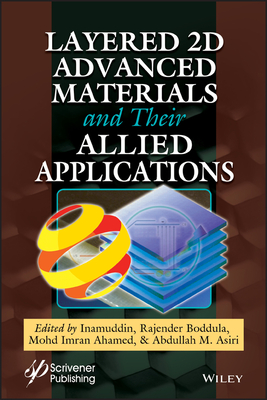Handbook of Gas Sensor Materials: Properties, Advantages and Shortcomings for Applications Volume 2: New Trends and Technologies
Korotcenkov, Ghenadii
- 出版商: Springer
- 出版日期: 2013-11-07
- 售價: $6,640
- 貴賓價: 9.5 折 $6,308
- 語言: 英文
- 頁數: 454
- 裝訂: Hardcover - also called cloth, retail trade, or trade
- ISBN: 146147387X
- ISBN-13: 9781461473879
-
相關分類:
感測器 Sensor
海外代購書籍(需單獨結帳)
相關主題
商品描述
作者簡介
Ghenadii Korotcenkov has more than 40 years experience as a teacher and scientific researcher. He received his Ph.D. in Physics and Technology of Semiconductor Materials and Devices in 1976, and his Habilitate Degree (Dr. Sci.) in Physics and Mathematics of Semiconductors and Dielectrics in 1990. For many years, he led the scientific Gas Sensor Group and managed various national and international scientific and engineering projects carried out in the Laboratory of Micro- and Optoelectronics, Technical University of Moldova. Since 2008, Korotcenkov has been a research Professor in Gwangju Institute of Science and Technology, Republic of Korea. Korotcenkov's research results are well-known in the study of Schottky barriers, MOS structures, native oxides, and photoreceivers on the base of III-Vs compounds. His current research interests include material sciences and surface science, focused on metal oxides and solid state gas sensor design. Korotcenkov is the author or editor of sixteen books and special issues, twelve invited review papers, nineteen book chapters, and more than 190 peerreviewed articles. He is a holder of 18 patents. Recently, his articles had more than 250 cites per annum. His research activities have been honored by Award of the Supreme Council of Science and Advanced Technology of the Republic of Moldova (2004), The Prize of the Presidents of Ukrainian, Belarus and Moldovan Academies of Sciences (2003), Senior Research Excellence Award of Technical University of Moldova (2001; 2003; 2005), Fellowship from International Research Exchange Board (1998), National Youth Prize of the Republic of Moldova (1980), among others.
has more than 40 years experience as a teacher and scientific researcher. He received his Ph.D. in Physics and Technology of Semiconductor Materials and Devices in 1976, and his Habilitate Degree (Dr. Sci.) in Physics and Mathematics of Semiconductors and Dielectrics in 1990. For many years, he led the scientific Gas Sensor Group and managed various national and international scientific and engineering projects carried out in the Laboratory of Micro- and Optoelectronics, Technical University of Moldova. Since 2008, Korotcenkov has been a research Professor in Gwangju Institute of Science and Technology, Republic of Korea. Korotcenkov's research results are well-known in the study of Schottky barriers, MOS structures, native oxides, and photoreceivers on the base of III-Vs compounds. His current research interests include material sciences and surface science, focused on metal oxides and solid state gas sensor design. Korotcenkov is the author or editor of sixteen books and special issues, twelve invited review papers, nineteen book chapters, and more than 190 peerreviewed articles. He is a holder of 18 patents. Recently, his articles had more than 250 cites per annum. His research activities have been honored by Award of the Supreme Council of Science and Advanced Technology of the Republic of Moldova (2004), The Prize of the Presidents of Ukrainian, Belarus and Moldovan Academies of Sciences (2003), Senior Research Excellence Award of Technical University of Moldova (2001; 2003; 2005), Fellowship from International Research Exchange Board (1998), National Youth Prize of the Republic of Moldova (1980), among others.






![Springer Handbook of Automation [With DVD ROM]-cover](https://cf-assets2.tenlong.com.tw/ig/015/667/885/9783540788300.jpg?1560918831)



